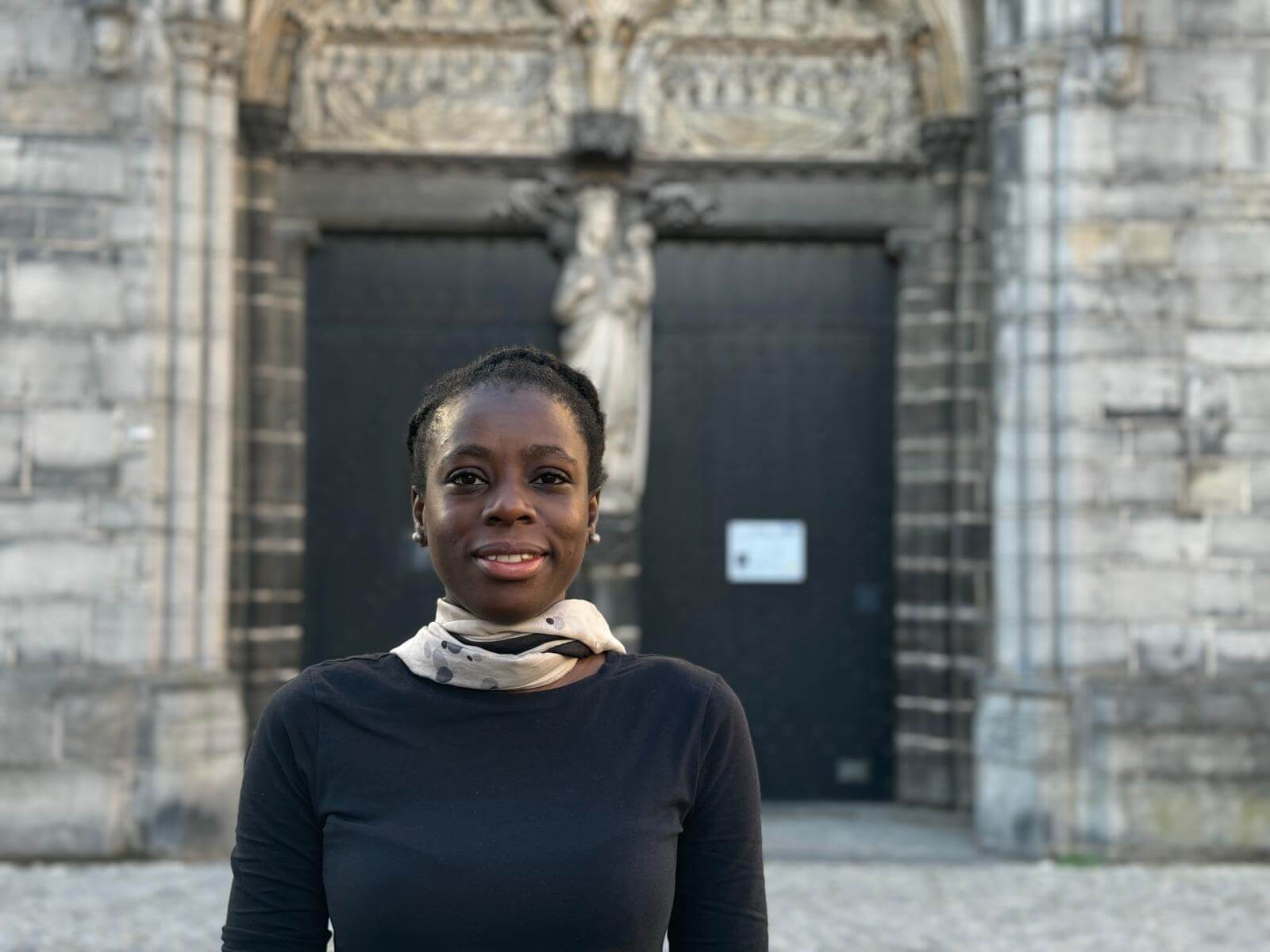My first encounter with the One Health (OH) was in 2020 during the Covid-19 pandemic while I was in Nigeria, involved in a Public Health program at the Community Medicine Department of Bayero University, Kano State. I studied global health and policy that provided me with a broad understanding of public health policy, decision-making in global health issues, and the interactions between decision-makers and countries implementing global health measures. This training covered antimicrobial resistance (AMR) and the cross-border transmission of zoonotic diseases and the OH approach within its theoretical and conceptual frameworks.
From that moment, I understood that the OH approach primarily focuses on the medical, veterinary, and environmental fields, supporting global health security programs that shape health regulations and decision-making. I began to feel that social sciences were not fully represented.
During the Covid-19 pandemic, while I was abroad and staying informed about global events, I observed that we were facing common struggles, fears, and uncertainties that united us and prompted a collective, sometimes spontaneous, response. This experience further drew my attention to OH.
Two years later, I returned to my home country, Senegal, for an internship and discovered that OH has been running through Global Health Security programmes since 2017 under the Permanent Secretary of the Senegalese government. I became involved as an intern and active member of the program, participating in activities focused on emerging and re-emerging zoonotic diseases, antimicrobial resistance, food safety, biodiversity among others. This experience provided me with insights into OH coordination at the central level, involving actors from the Ministry of Health, Ministry of Livestock, Ministry of Environment, private health institutes, and technical and financial partners. The approach is largely limited to the medical and veterinary fields, as is often the case in public health. I felt that certain political and personal positions were constraining collaboration, causing relevant actors to remain in their silos and leading others to withdraw from engagement.
Meanwhile, the veterinary school at the Higher University started a new OH training program that included a OH club, in which I participated and shared my view that there is a need for more social sciences, interdisciplinary expertise and community involvement in decision-making.
In 2023, I worked as a consultant for the Public Health Unit of the Institute Pasteur de Dakar, where I was involved in investigations for the early detection of the emerging infectious disease Crimean-Congo Hemorrhagic Fever (CCHF) alongside an epidemiology team from the Ministry of Health. This experience highlighted both the strengths and weaknesses of the OH approach at the operational level.
During the investigations, we followed epidemiological protocols that primarily focused on tracking cases for surveillance and disease control. However, we paid less attention to other important events surrounding the cases. Families and caregivers faced significant disruptions, often struggling with social and economic challenges, while healthcare professionals felt overwhelmed and anxious about their own well-being.
This situation showed the need for experts such as social workers, psychologists, psychiatrists, and community actors to be involved and trained to provide support during such times. This experience has inspired my current research, which focuses on the psycho-social aspects of emerging zoonotic diseases, including mental health during crises. My background in social anthropology has made me acutely aware of the critical need to involve social sciences into the OH approach, from decision-making to implementation at both district and community levels.
Although multidisciplinary collaboration has been occurring in various forms for decades, it often lacks sufficient focus. Today, faced with the increasing challenges of climate change, emerging diseases, and other health threats, it is urgent to adopt a more holistic approach and implement the OH framework on a larger scale.
I believe that a readjustment is necessary. We must re-center the OH approach around communities to ensure more effective implementation. Moreover, stakeholders and experts need to reassess their collaborative relationships and honestly confront the challenges they face in making this approach work. Collaboration often stalls at higher levels, which negatively impacts operational efforts and, ultimately, the communities we aim to serve.
During crises, we must remain mindful of the broader social and economic disruptions, including mental health challenges, that affect both communities and healthcare professionals. Therefore, we need to train and reform teams and intervention tools to better address these crises, ensuring that the entire process is conducted with and for the community to build resilience.
Read also ‘Integrating Social Sciences into Health Interventions‘


